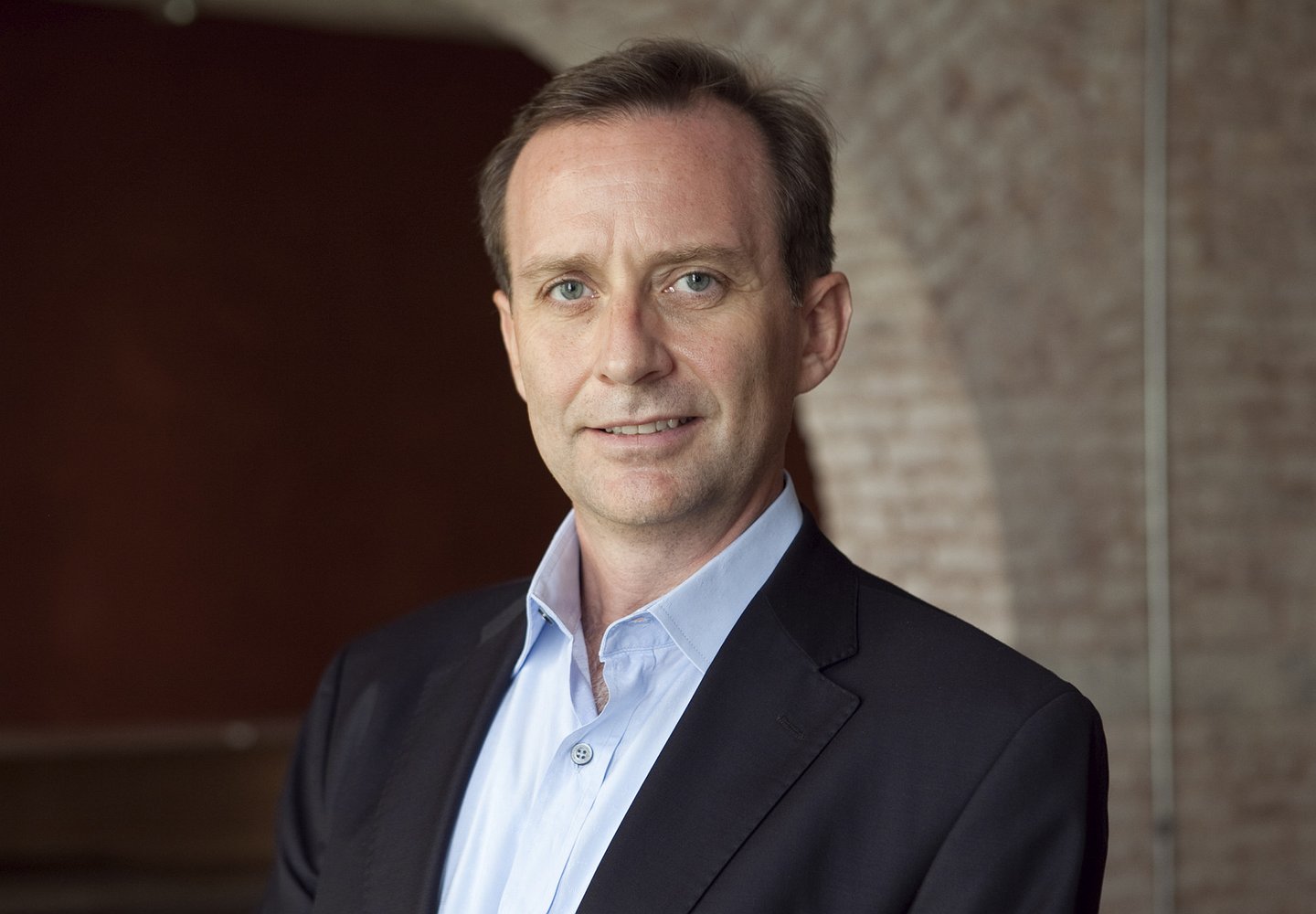Simulmedia's Dave Morgan on Predicting the Future of Media

Does the past presage the future? Generally speaking, one might say yes. But some media executives see a future with little to no precedent. Dave Morgan, CEO of Simulmedia, believes that the industry is undergoing such dramatic structural change that it is difficult to parse the future impact based solely on previous disruptions. I recently talked with him about the complete disappearance of some forms of media, the impact of voice search and the future of TV measurement.
Charlene Weisler: What is going on now in the media ecosystem?
Dave Morgan: Most people, when they look at changing trends and forecasts in the media industry, look at what has changed in the most recent past. They look at the trend lines in the longer-term past to see how fast they impact things and then they project that forward. What I think is happening now that will make that approach difficult is that we are seeing really big structural changes in how people are consuming media, how advertising is being bought and sold and how marketers are going to deploy the money for the acquisition of customers. It is going to be very unpredictable for a lot of people. The truisms we have heard for decades that no subsequent new media destroys the old media will go away. Yes, we will see less classic radio and more digital audio. We will see less newspapers and more digital news. But we will see what we always thought were long-term sustainable advertising channels truly disappear because of their inability to be economically supported.
Weisler: So in your experience, has there been any other point in time where you have seen such dramatic transformation in the industry?
Morgan: No. I think that the big macro issues have been seen for a long time. Certainly if you go back 30 years, Jack Myers was predicting these things and he was probably one of the only people who was doing so. The tension between above the line and below the line in spend, what happens when marketers take greater control … the only thing that I think is close is what we saw with search and online classifieds. I will use Craigslist as an example; what search did to the Yellow Pages and the classified business, that is probably comparable.
Weisler: The result of that has been a disintermediation of that business.
Morgan: The newspaper pillars have been taken out. The Yellow Pages businesses are a fraction of what they used to be -- not even 5% I expect. So the vertical commerce classified businesses that have survived are interesting and pretty powerful but they are not nearly the profit drivers that we used to have in print classifieds. But the good thing is, without question, the consumer, the user, the potential buyer, the seeker of commercial information has a dramatically more robust experience, simpler and faster than ever before. So, the people who had to wait for the classified ads to show up, to see what car they could buy, or the person trying to dig through the Yellow Pages to try to find a restaurant to go to from books that were published 18 months before, they won.
Weisler: Concerning the future of search, I have been hearing a lot about voice search.
Morgan: I'm a believer in voice search. I think the user experience of typing text either on a PC or a phone is not nearly as easy and simple and intuitive as talking. So I do believe that voice search and voice commercial search would be pretty powerful. This obviously tells you there is a chance to have a significant shift in the search business over time; away from Google, which is so dominant today, to something towards a company like Amazon which is a leading contender at the moment.
Weisler: Television is still working with proxy measurements when everything is about targetability. The rate of change appears to be lagging. Do you see that to be true?
Morgan: This is probably the area that will be the most suddenly hit when it hits. For a number of reasons, TV advertising has been much more resilient than a lot of people expected because it works. As inefficiently bought, sold and measured as it is today, nothing beats TV in doing what TV does well. Nothing reaches more people faster. Nothing delivers more per-person delivery impact. Nothing is fundamentally cheaper.
National cable CPMs per 30 second spots were $7 to $9 while premium digital, a six second pre-roll CPM is $40 to $50. This is because most of the buyers in the digital world have come from direct response so they value things as what they are worth to them. Because the prices are low on TV, there are more buyers than sellers. So, if you have a line-up of buyers who are willing to purchase your inventory based on what you valuated it on a business model, you don't have to change things a whole lot.
But just like the Hemingway quote from the Sun Also Rises when Mike was asked how he went bankrupt and he replies, "Two ways, gradually then suddenly," I think that is the change coming to the TV industry. Which is why every TV company is for sale today.
Click the social buttons above or below to share this story with your friends and colleagues.
The opinions and points of view expressed in this content are exclusively the views of the author and/or subject(s) and do not necessarily represent the views of MediaVillage.com/MyersBizNet, Inc. management or associated writers.


